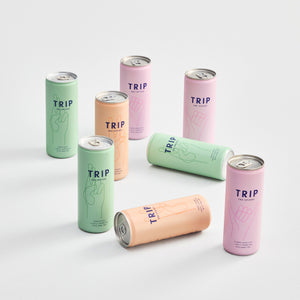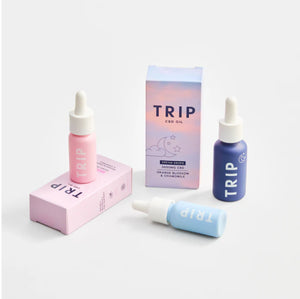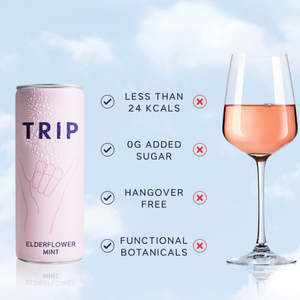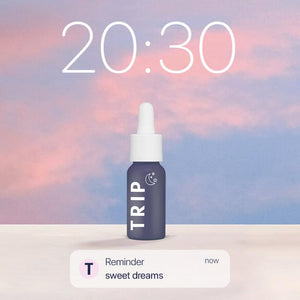What is IBS?
IBS is a condition that affects the digestive system, with symptoms including stomach and abdominal pain, cramping, bloating, problems with gastrointestinal motility, and diarrhoea.
There is not currently a single established cause of this condition, but it is believed to emerge after cases of gastroenteritis, but can also be caused by a virus, stress, early life experiences and genetics.
Unfortunately, IBS is usually a chronic problem, and those who suffer with it find that it has a big impact on their day-to-day living. While there isn’t a cure, the symptoms can be kept under control through deliberate changes to a person’s diet and lifestyle.
What is CBD?
CBD, short for cannabidiol, is the non-psychoactive compound found in hemp plants. Unlike THC, it will not get you high. Its effects are related to the body’s endocannabinoid system, a network of cells and receptors that regulates various cardiovascular, nervous and immune functions and helps control how the body achieves balance.
In recent years, consuming CBD has become increasingly popular as part of a wellness routine. Many users have found that it helps to unwind and find moments of calm throughout the day. CBD could be taken after a workout, during socialising or when you’re at work, whenever you want to feel more like yourself.
Can CBD help with IBS?
Medical professionals have been known to prescribe CBD for IBS relief, but often only for specific symptoms. As it stands, we simply don’t know enough to know for sure — but the promising therapeutic potential of CBD for gastrointestinal conditions is supported by some research.
What CBD dose should I take for IBS?
Getting the right dose of CBD can be tricky, and often requires some experimenting before you know the amount that works for you. In the UK, the Food Standards Agency (FSA) recommends a daily dose of no more than 70mg, depending on which product you are using: oil, cream, tinctures, drinks or edibles.
For those using CBD for the first time, it’s suggested that you start small and slowly adjust to the compound. For edibles especially, it can take a lot longer before you start to feel the effects, so wait two hours or so before taking any more.
How long does it take for CBD to start working?
Usually you can notice the full impact of taking the compound after two to three weeks of regular use. If using CBD for IBS symptoms, you may be waiting around a week at the very least before you start noticing their entire effect. However, this can again be down to individual physiology and other factors, including lifestyle, diet, tolerance and body weight.
How do I get the best results using CBD oil for IBS?
Although some evidence indicates CBD’s therapeutic potential, you should not treat it as a remedy for IBS, which is an incredibly complicated condition that affects numerous organs and other aspects of the body.
Is CBD Legal?
Yes, CBD is completely legal in the UK. It is THC, which is the psychoactive compound also found in hemp, that is illegal. TRIP products are all completely THC-free, and third-party tested to verify this. When a CBD product says on the label that it contains broad spectrum CBD or CBD isolate, this means it should not contain THC. However, it’s always good to double check the packaging and do your research to be sure. For more information on the legality of these compounds, have a read of our article on the topic.
Summary
To conclude, CBD has been discussed as having the potential to alleviate some IBS symptoms but we don’t quite know enough about how CBD works to relieve IBS and it is not considered a medical supplement by the FSA in the UK. For best practice, we’d recommend that you use CBD alongside other treatments recommended by your doctor.
If you want to know more about what CBD is right for you, take a look at our products today, all of which are fully-tested and THC-free.


















